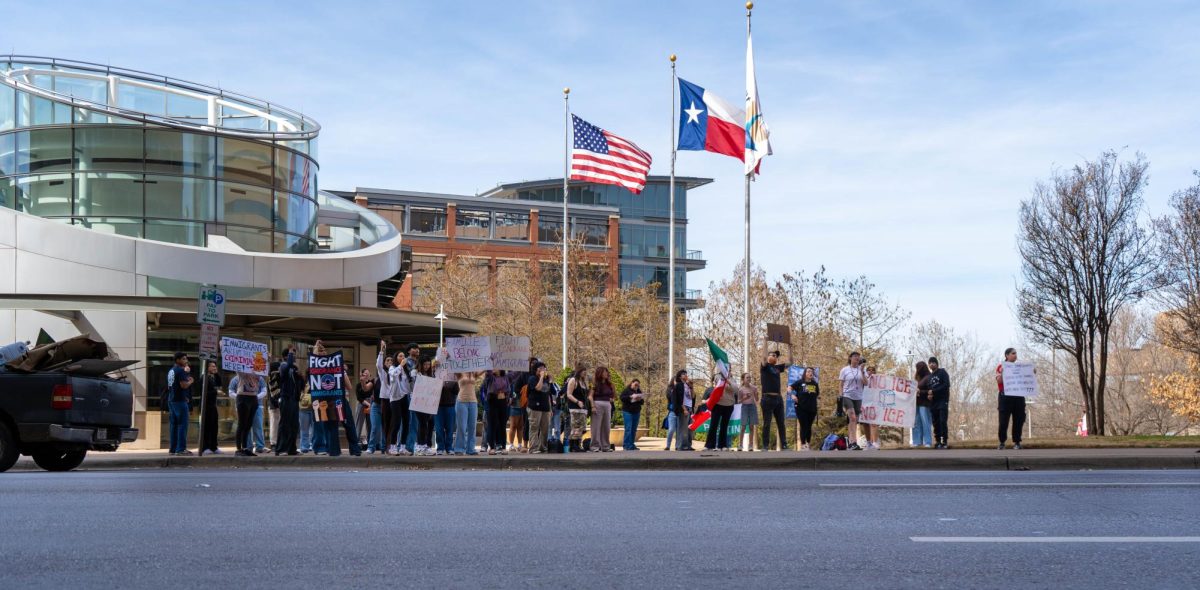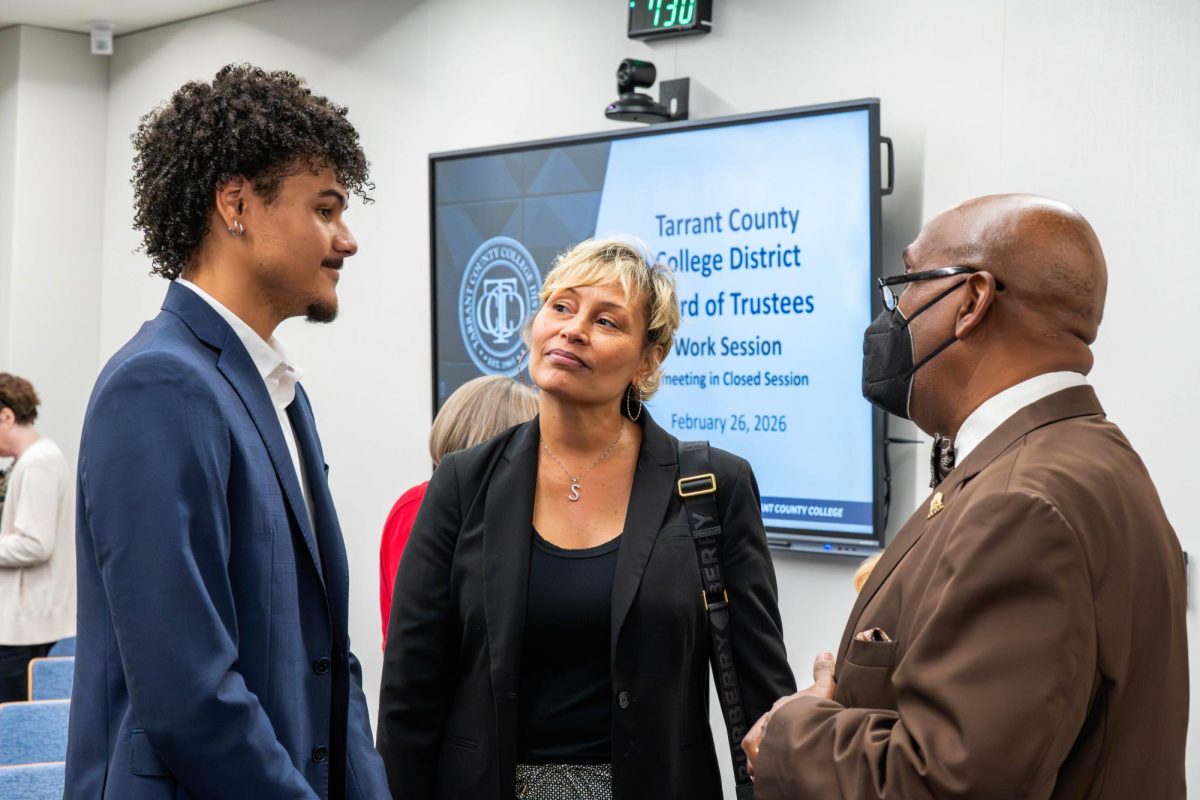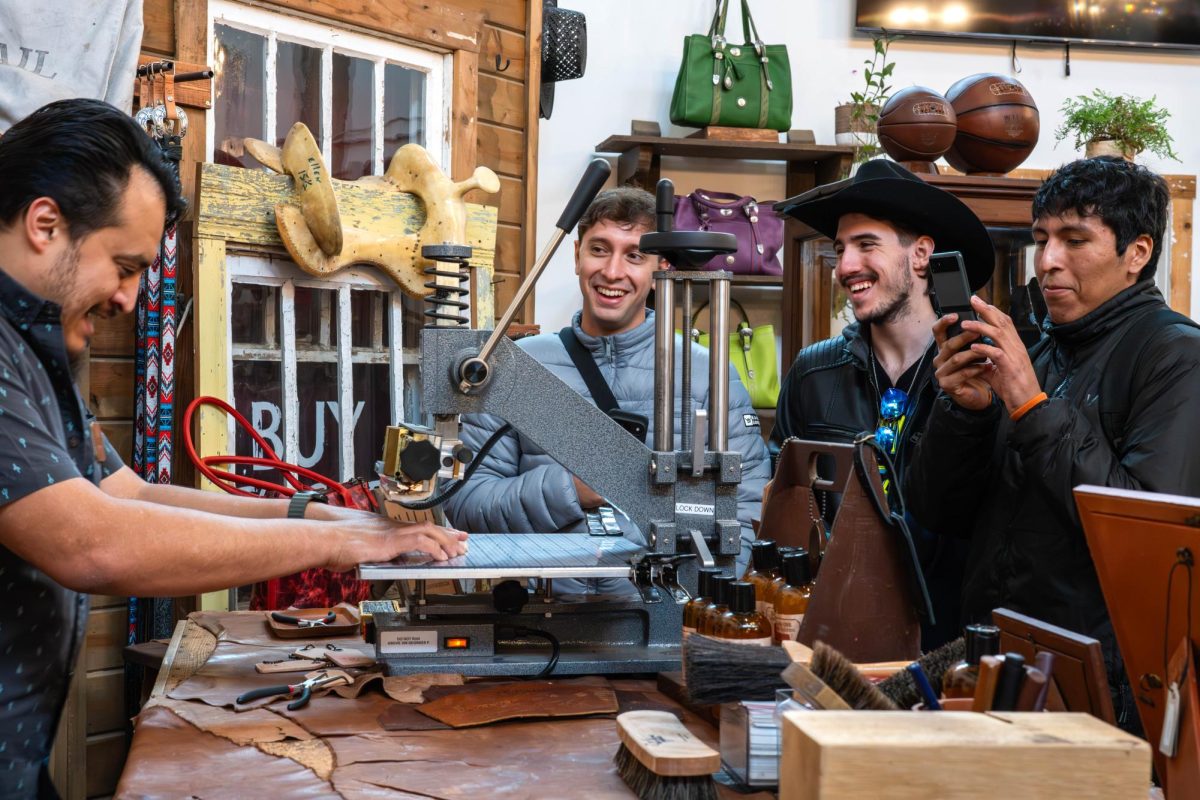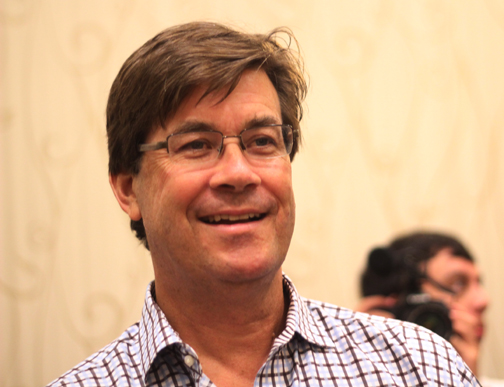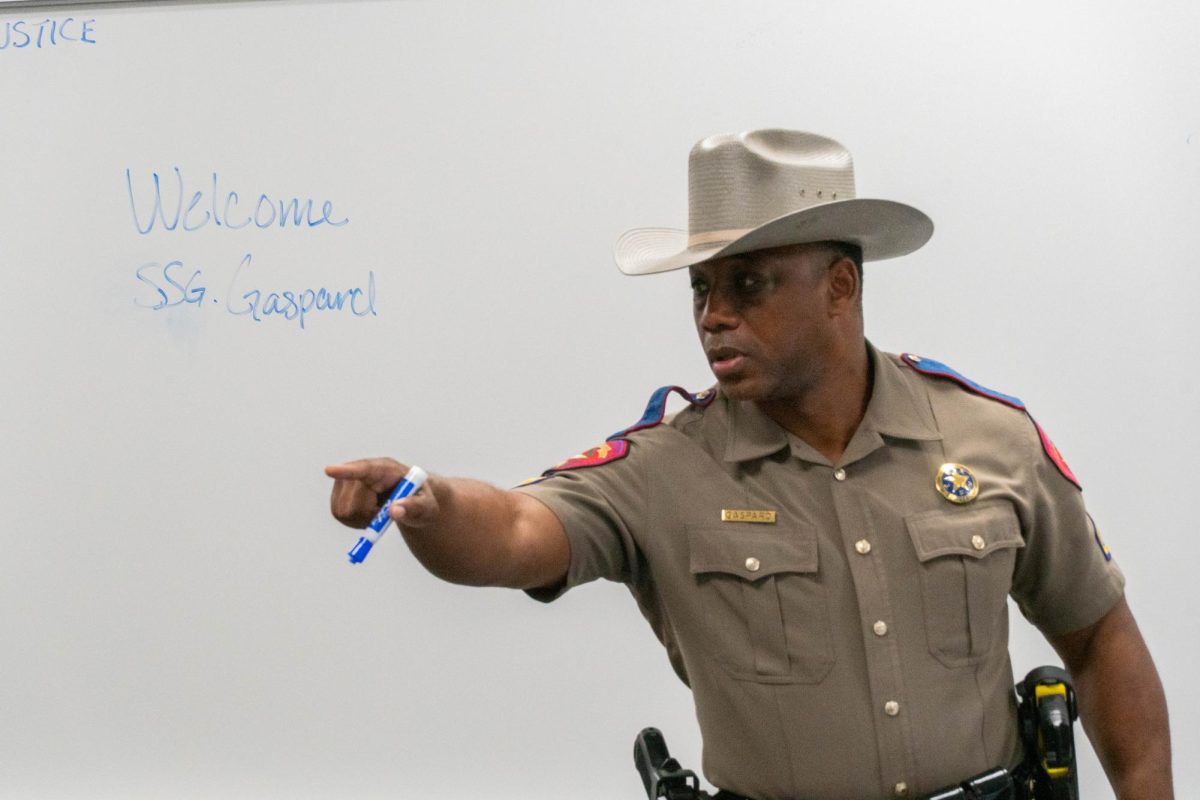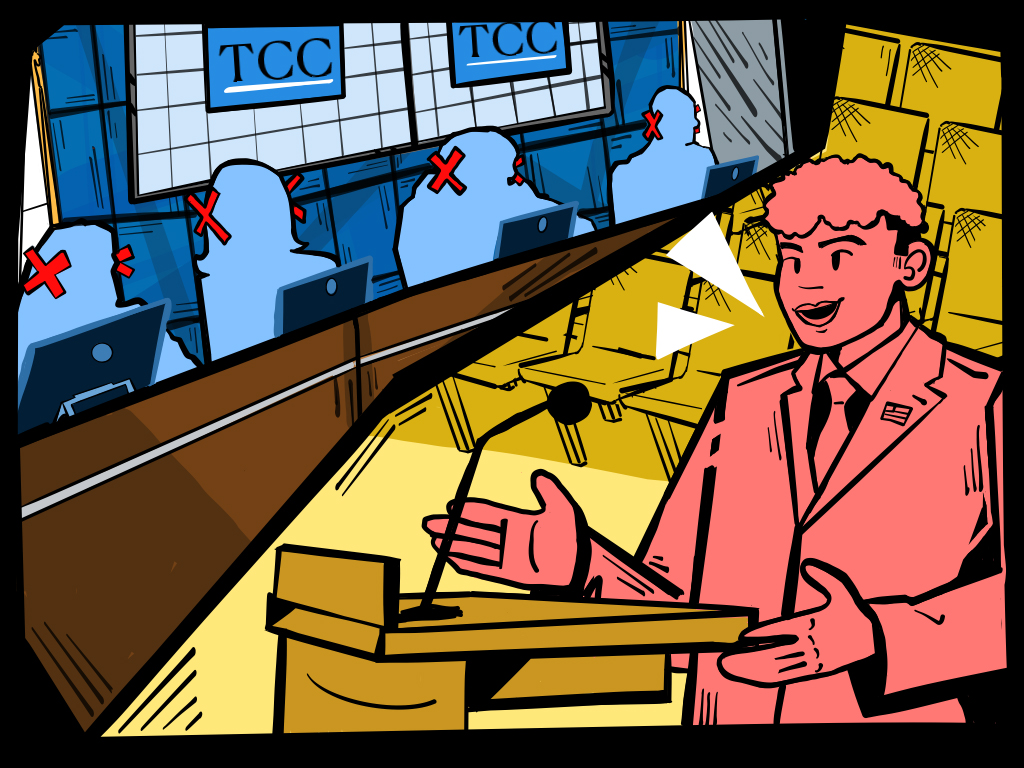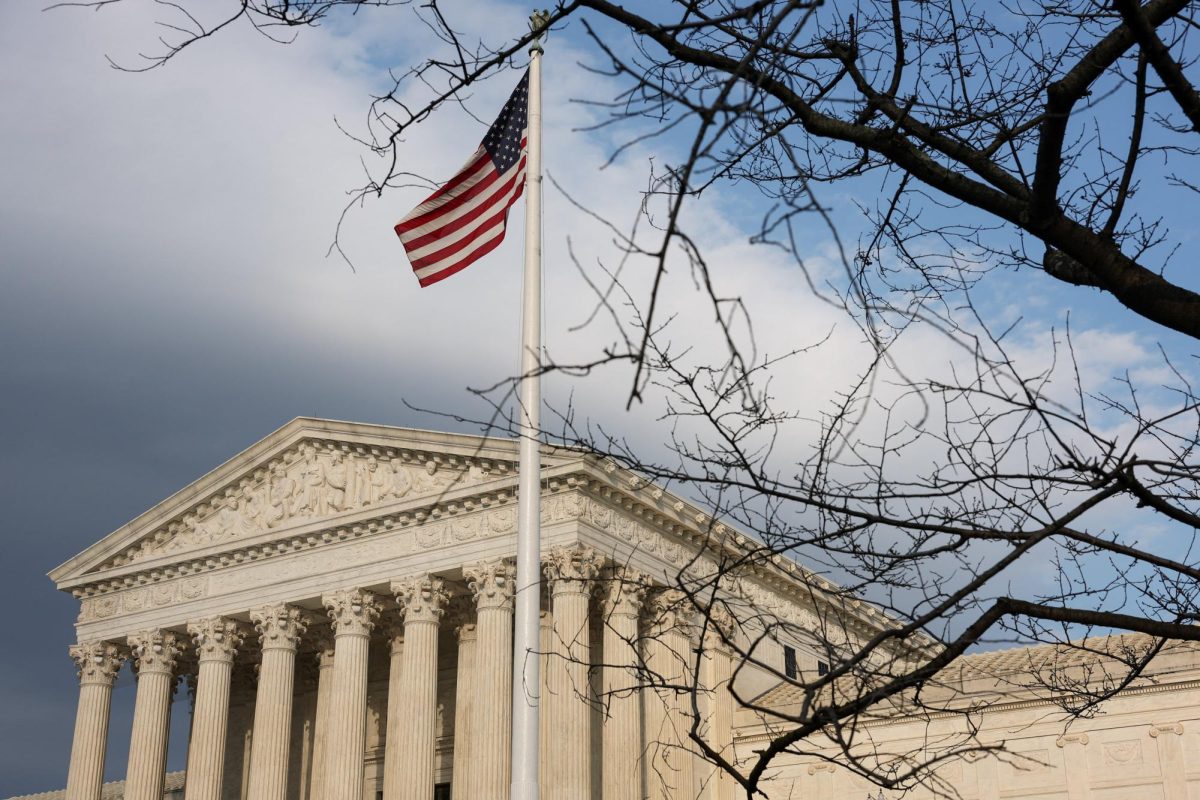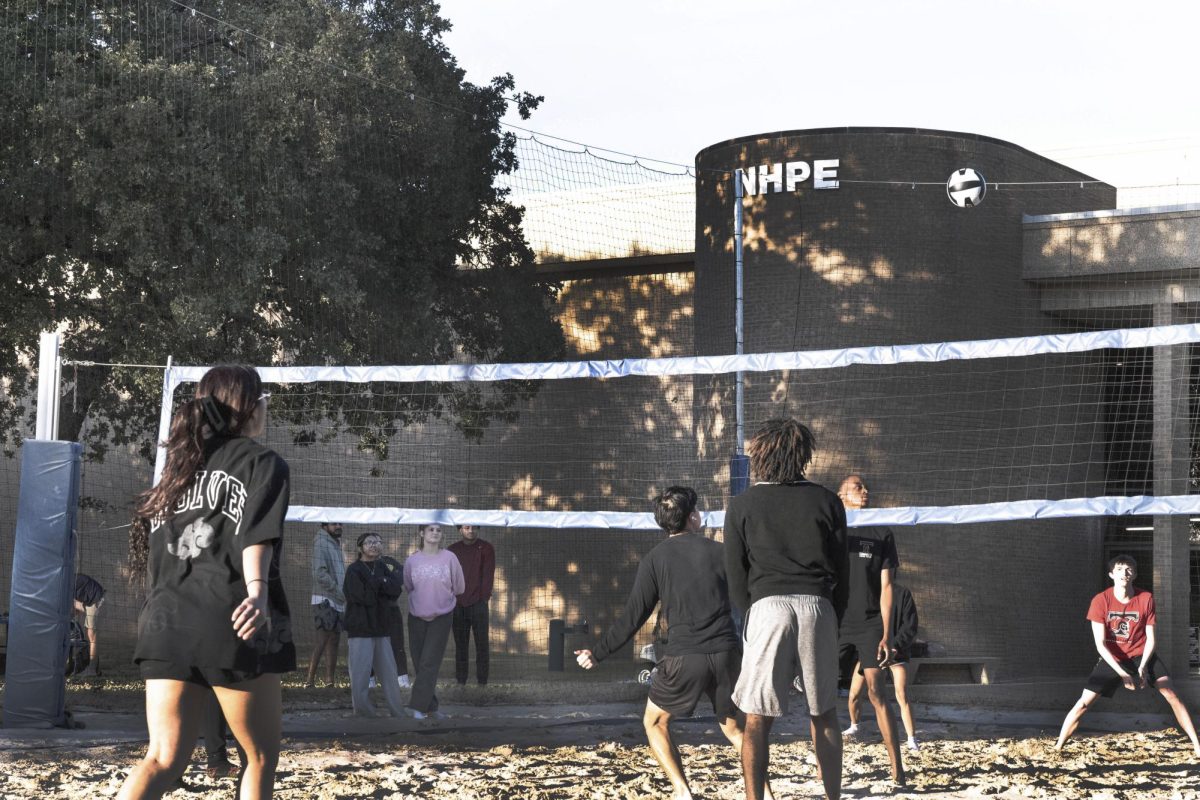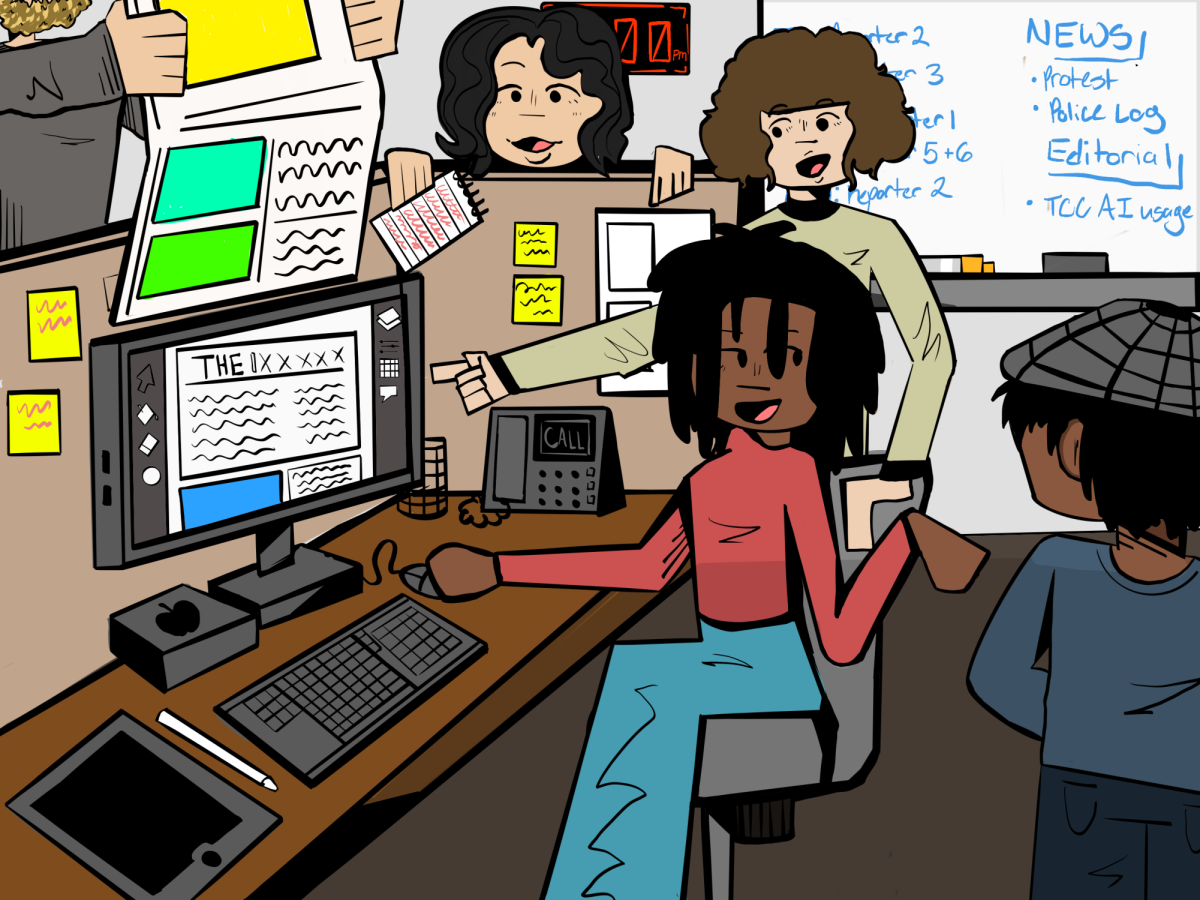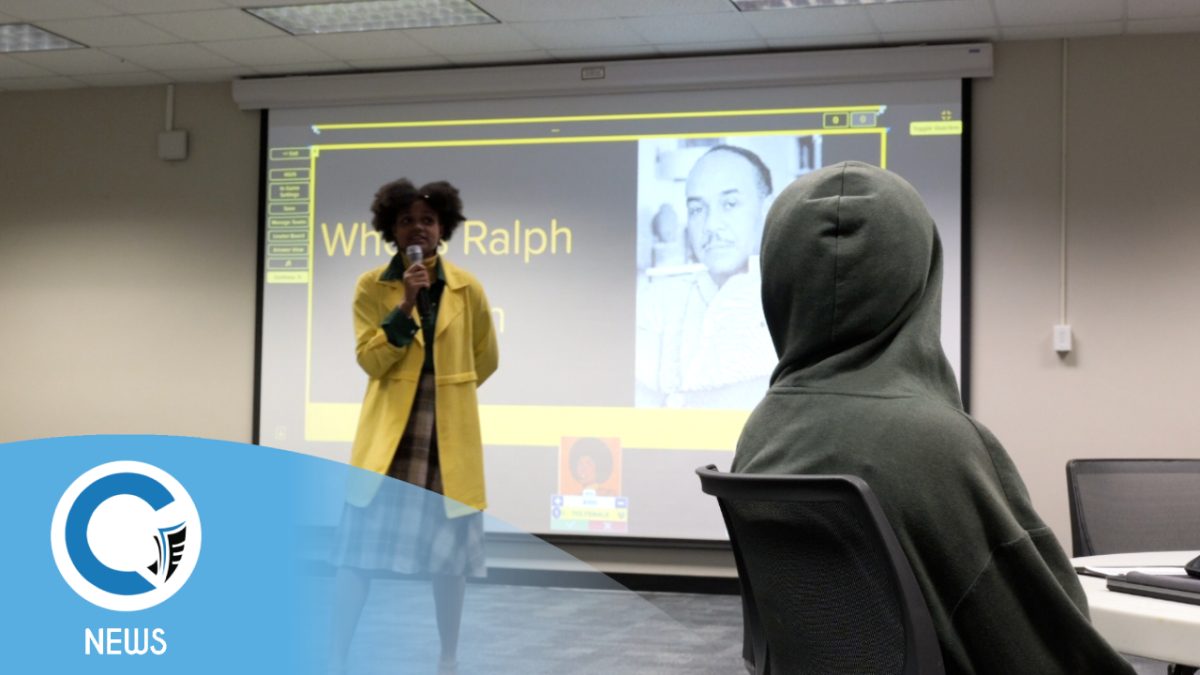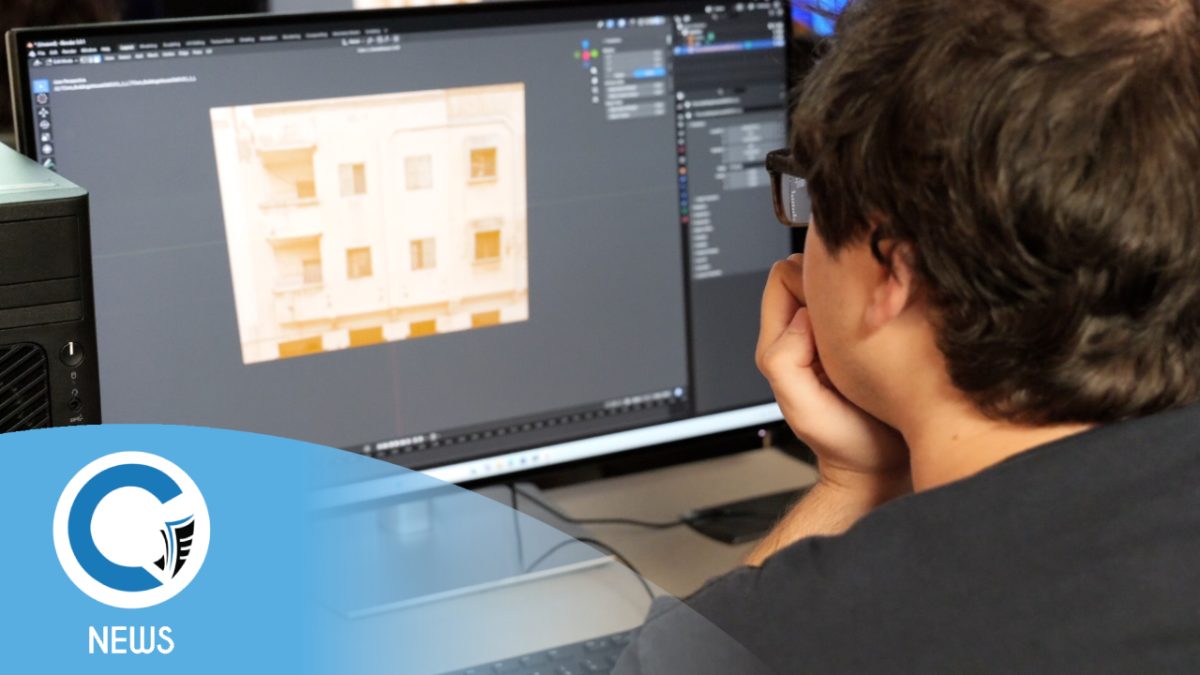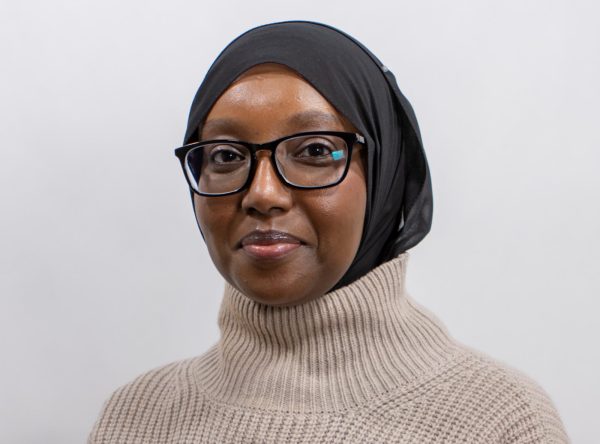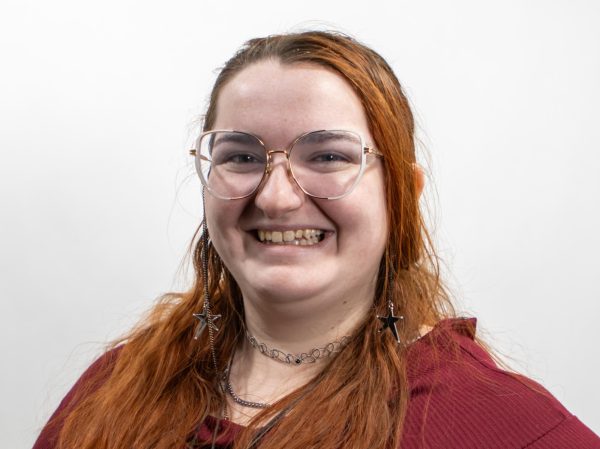Tarrant County Commissioners voted 4-1 to add more polling stations around the county instead of removing several college campus early voting locations.
Judge Tim O’Hare was the only one who voted against keeping early polling sites open at TCC South and NE Campuses, UT Arlington and Southwestern Baptist Theological Seminary.
O’Hare questioned the need for college campus sites when voter turnout is lower, the sites are close to each other, and parking is inaccessible.
Both Democratic commissioners, Roy Brooks and Alisa Simmons, were on a preplanned trip to Washington. They joined the court meeting via live feed and were able to vote.
Tarrant County election administrator Clint Ludwig proposed changes that considered three options.
Option one was to look at the polling sites within a mile and a half from each other and remove the one with the lowest voter turnout between the two in the 2020 primary elections.
Option two was to remove the polling locations with the lowest turnouts in 2020.
Option three was every commissioner precinct would have the same number of polling locations.
Ludwig said since the last meeting, he was able to add one more polling site to the list, bringing the total to 51. This location is between Dalworthington Gardens and Pantego.
101 people signed up to speak, leading to a session that lasted more than five hours.
Both supporters and opponents of the proposed site closures agreed on the importance of voting and urging the crowd to go out to vote during early voting as well as election day. that everyone should go out and vote during early elections and on the day of elections.
Supporters argued that these sites are crucial for young voters, communities of color and those with disabilities.
Former TCC instructor Janine Lund taught psychology at TCC for 18 years and used her three minutes to talk about keeping the campus voting locations.
“I voted there on the Northeast campus when early voting was available because it was convenient for me and for many students,” Lund said. “Having a familiar place to vote, especially for first-time voters, is a great value, they’re on campus, and they can go somewhere they know.”
Lund also addressed the issue of parking that was brought up by saying that if you are not part of the TCC community, then it is a challenge, but if you are, then it’s easy to find parking.
Opponents highlighted the need for more objective criteria in selecting voting sites, such as voter turnout, parking accessibility and financial cost.
Daniel Eldred, a college student, addressed the polling location changes and asked the campus polling stations to be removed.
“As a college student myself, I urge the court to approve scenario one,” Eldred said. “This is by far the most practical option when considering how we structure polling places for the upcoming election. By reducing the use of college campuses as polling places and moving them to more accessible locations, we’re solving two problems at once, accessibility and cost.”
Eldred and many others mentioned that these college campuses are inaccessible to seniors. They also stated that closing the campus polling sites does not constitute voter suppression.
Christina Das, a voting rights attorney with the NAACP, argued that reducing early voting locations would disproportionately
harm black, Latinx students and first-time voters.
“All three plans systemically remove South campus, polling place that serves nearly a 40% black voting age population,” Das said. “Following that, Southwest Baptist Theological Seminary, a polling place that serves a community that 70% Hispanic voting age population.”
Helen Gonzales spoke out in favor of closing the UT Arlington site because she believes it is inaccessible due to a lack of parking.
“I request that you reduce the number of college campuses used for polling in November for the simple fact that our taxpayer dollars are going to waste,” Gonzales said. “Not only do they suppress voters that are disabled and elderly, but have you gone to UTA and tried to park there?”
Gonzales and others emphasized that seniors need more polling sites with easy parking access. Students and staff who spoke during public comment stated that the parking lots are accessible, and community members benefit from the UTA location staying open.
Others noted that UTA is home to the adaptive sports program, located next to the polling site, which makes it accessible for student-athletes with disabilities.
Laura Leeman, candidate for Tarrant County commissioner precinct 3 and a mother of a physically and developmentally disabled son who was in hospice care in 2020, spoke about the importance of keeping sites open because the community depends on those places to be open during early elections.
“Having fewer places for people to vote creates chaos and confusion for any voter,” Leeman said. “Think of the law enforcement officer, the doctor, the EMS driver, the person with disabilities. Access to voting should not be hard, and voters shouldn’t have to wait in longer than typical lines or race from one location to another.”
Leeman said it’s about more than just about the 10,000 voters having access. It’s about any one person who doesn’t get to vote.
“Voting is a civic duty, while voter suppression is unpatriotic. What affects one of us affects all of us,” Leeman said.
While Gonzales wasn’t happy that the vote to increase polling sites passed, she did express that she supports more people being able to vote, but that fiscal responsibility should be a part of the decision-making.
“You know, it is what it is, but taxpayer dollars are at stake,” Gonzales said. And really, we can’t afford to lose votes of any sort because who’s going to lead our country in the future.”
The crowded courtroom broke into cheers and applause when the vote to include all the original locations plus an additional location passed.
“I would like to thank all of the citizens, particularly the students, for their engagement in local governance,” said Simmons. “Those young people, this is what it’s about.”

